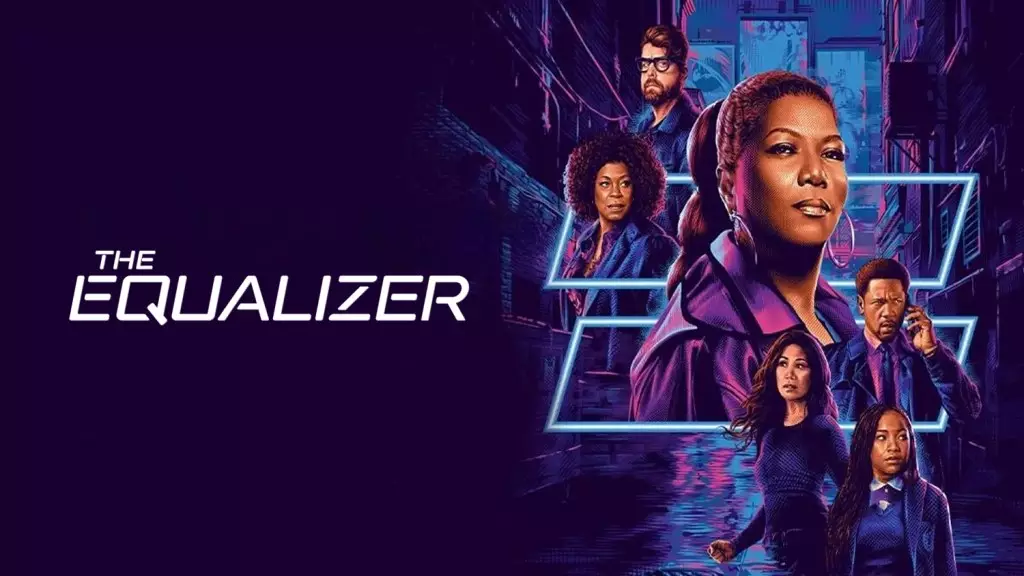The cancellation of CBS’s crime drama series The Equalizer, featuring Queen Latifah as the resourceful Robyn McCall, marks a profound moment in television history. The announcement came as a surprise not just to fans but also to the series’ creators, as CBS’s decision to end the show after its fifth season has sent ripples across the entertainment industry. Despite the show’s early promise and strong ratings following its Super Bowl premiere, it ultimately fell victim to the network’s shifting priorities and financial constraints. The show’s failure to secure a sixth season signals more than just the end of a single series; it reflects broader trends in how networks handle scripted programming and the representation of marginalized voices.
Financial Factors and Network Dynamics
In today’s television landscape, where budgetary concerns often overshadow creative endeavors, CBS’s decision to cancel The Equalizer underscores the harsh realities facing scripted series. Though producers were reportedly willing to rework the show’s finances to align with CBS’s budgetary demands, it was evident that financial viability was paramount. This situation is particularly alarming as it reveals a pattern of networks favoring easily marketable content over diverse narratives. While CBS renewed fewer shows this season, they opted for new projects that capitalize on established success rather than take risks on unique stories—an unfortunate trend that can stifle the representation that The Equalizer provided.
The implications of financial considerations extend to the very fabric of creative storytelling. Networks are now more inclined to prioritize shows that yield immediate returns over those that might cultivate a dedicated following over time. This approach reduces the chances of innovative narratives emerging, especially those that resonate with underrepresented communities. The Equalizer, which featured a powerful lead character portrayed by a Black woman, broke through barriers and proved that diverse stories can achieve viewership success. Its cancellation signals a regression in the progress made towards equity in television programming.
The Importance of Representation
The Equalizer succeeded in portraying a multifaceted character in Robyn McCall, a strong yet vulnerable woman who fought for justice in a world that often overlooked disenfranchised individuals. Queen Latifah’s portrayal brought depth to a character whose storyline was both relatable and aspirational, reinforcing the importance of representation on screen. For many viewers, a primetime drama led by a Black woman was a groundbreaking achievement—a shift towards inclusivity in an industry often criticized for its lack of diversity.
However, with the show’s end, the danger of relegating such narratives to the margins becomes glaringly apparent. Networks have a responsibility to cultivate a creative environment that not only reflects the lived experiences of diverse communities but also amplifies their voices. As The Equalizer’s cancellation sends viewers into a state of mourning, it serves as a stark reminder of the essential need for more content showcasing characters from various backgrounds—stories that can foster understanding and celebrate the complexities of human experience.
A Shift in Industry Priorities
With the entertainment industry continuously changing, The Equalizer’s cancellation also points to a larger trend: an inclination towards franchise-building rather than developing original content. CBS’s focus on spinning off from established hits can be seen as a risk-averse strategy aiming for short-term financial rewards, while genuine storytelling takes a back seat. This is disheartening for audiences who seek opportunities to engage with fresh perspectives rather than repetitive narratives.
Despite the struggles faced by other shows and the relentless competition in television, The Equalizer managed to carve out its niche, bringing thrilling excitement and a sense of empowerment. Fans were invested not just in the action that unfolded each week, but in the social justice themes that resonated throughout. In this era of streaming services and ever-shifting viewer preferences, networks must reconsider their approach, prioritizing authentic storytelling alongside financial viability.
Looking Ahead
The cancellation of The Equalizer is not just a loss for fans of crime dramas; it is a significant setback for advocates of diversity in television. As networks move forward in developing their upcoming seasons, there is an urgent call to reprioritize genuine narratives that can authentically connect to audiences. The story of Robyn McCall should serve as a powerful reminder that shows led by diverse characters can attract viewership while inspiring broader cultural conversations.
While it’s uncertain what the future holds for similar shows or characters, one thing is clear: the television industry must ensure that creative voices continue to be heard. Only then can we hope to see stories that not only entertain but also enlighten and empower audiences. In a world where representation is key, the echoes of The Equalizer’s cancellation linger, urging networks to reflect on their paths and the impact of their choices on the narratives they choose to promote.


Leave a Reply